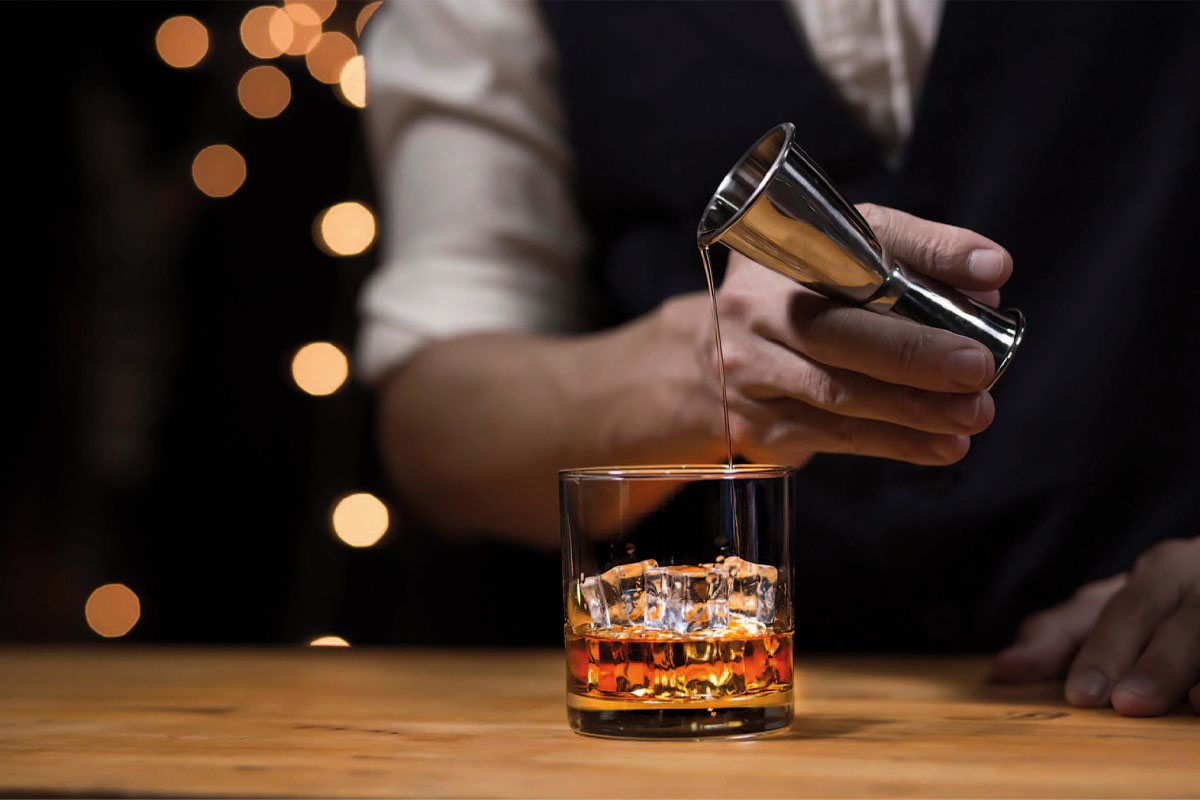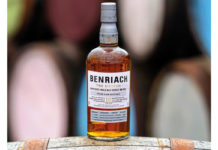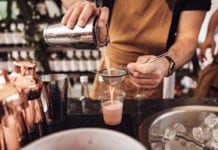The on-trade is well positioned to be the place people try more prestigious drams

WITH the cost of living rising and customers perhaps keeping a tighter rein on their expenditure, it might be more important than ever for pubs and bars to offer products and experiences that people can’t get at home.
In whisky terms, the chance to try whisky by the dram – as opposed to forking out for a bottle online or in a shop – is a clear advantage the on-trade has over the off-trade; particularly when those drams are served by engaged and educated staff.
“If I was a pub operator, I would be looking to invest in premium bottles and sell them by the dram,” said Charlotte Coyle, malts brand ambassador for Brown-Forman, the company behind Glendronach, Benriach and Glenglassaugh.
“One of the joys of working in the whisky industry is being able to open expensive bottles that people may not always be able to afford themselves.”
That was echoed by Tim Webster, business development executive at Pol Roger Portfolio, the distributor of Glenfarclas.
“It would be nice to see older age statement drams available on lists,” said Webster.
“This would give those who wouldn’t normally try it the opportunity.”
The selection itself deserves some thought, of course, and Coyle advised that it is ‘key to satisfy as many different palates as possible’.
“This means carefully selecting bottles that showcase the best of the whisky regions, styles of production and different cask finishes,” she said.
“To keep consumers coming back, you could change the lineup when a bottle is finished.”
Coyle added that, while customers ‘are spending their money more carefully’ at the moment, many continue to experiment with new whiskies and expand their knowledge of the category.
“I’ve seen a huge rise in popularity for high strength and cask bottlings which I think will only continue as people invest in the category,” she said.
Webster at Pol Roger/Glenfarclas said he hoped to see more ‘curated’ whisky lists in venues during 2023, with members of staff taking an active interest in which bottles make it to the gantry.
“Hopefully it would mean that the people selling the products on the lists are more engaged with it and there would be more diversity available in venues with small selections,” said Webster.
The importance of staff engagement was also highlighted by Coyle, who said neglecting staff training ‘is absolutely a key mistake for anywhere serving whisky’.
“Most brands have a dedicated team who are more than happy to help with questions, notes and tastings to make sure our colleagues behind the bar are feeling confident and secure, and most importantly, able to share their passion for Scotland’s finest,” she added.























